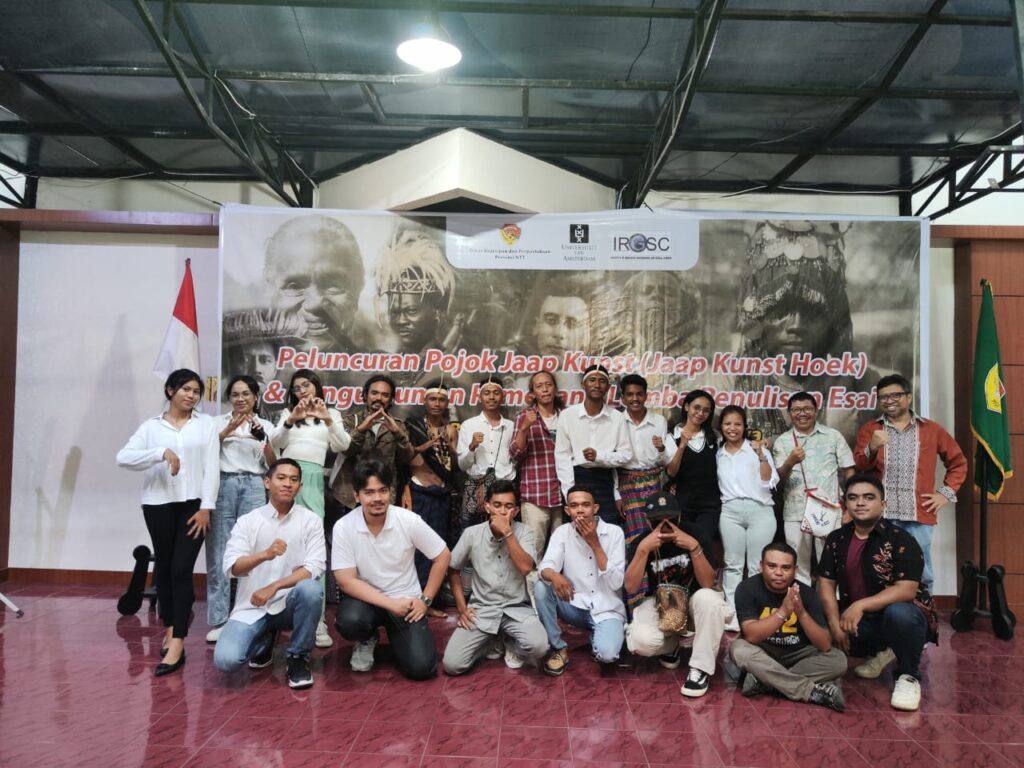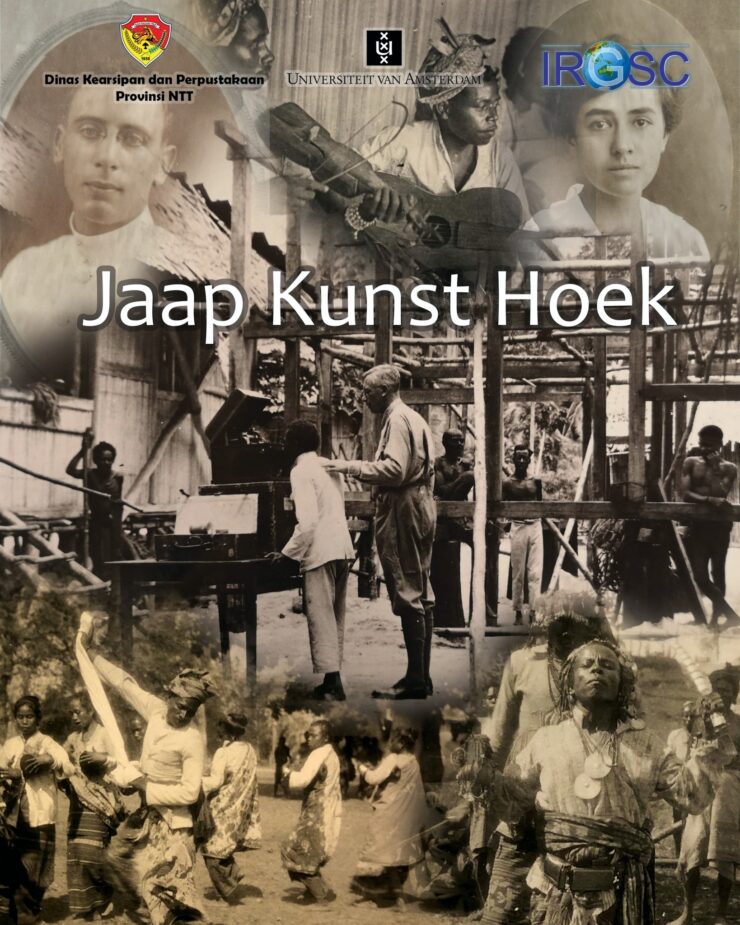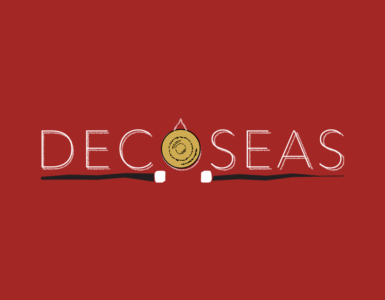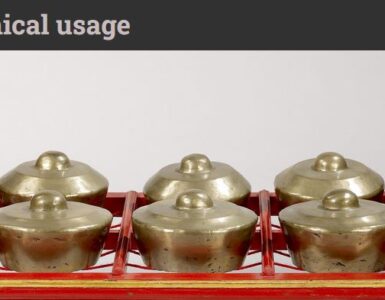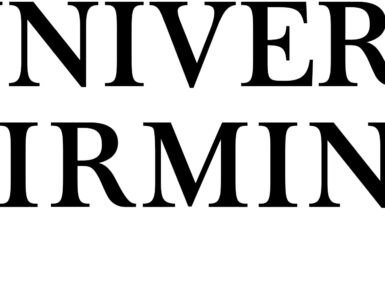Yesterday, after almost one hundred years, sound recordings, photographs, and film from the Jaap Kunst Collection at the University of Amsterdam were restituted digitally to the Government of East Nusa Tenggara (NTT) through the NTT Archive and Library Service (Dinas Kearsipan dan Perpustakaan NTT). The Institute for Resource Governance and Social Change Institute for Resource Governance and Social Change (IRGSC) with dr. Dominggus Elcid Li (Executive Director) and Ragil Sukriwul (Director of Arts and Culture) were the driving forces behind this handover. It is a milestone in ongoing attempts to reconnect heritage collected and transported in colonial times (in this case, in the Dutch East Indies of the 1930s) with source community stakeholders in Indonesia.
The event was memorable through the profound thoughts shared on location in the Library about the importance of cultural heritage restitution for cultural development and cultural activism in the region, through the presence of students who participated in an essay contest about this issue, through the abundant performance of music and dance, and through the collaboration of Indonesian, Southeast Asian and Dutch partners aiming towards a common goal of understanding and critically reflecting on our shared colonial past.
Parts of the Jaap Kunst Collection are now freely accessible in the NTT Regional Library (in front of Kupang Cathedral) on Level 2 in the Jaap Kunst Hoek (Pojok Jaap Kunst) that was festively opened yesterday.
As the curator of the Jaap Kunst Collection at the University of Amsterdam, I am so grateful to IRGSC and the Archive and Library Service for realizing this handover. We are also indebted to our partners of the Decolonizing Southeast Asian Sound Archives consortium, who made the sound recordings of the Jaap Kunst Collection available online, and to the Citra Research Center for digitizing image material from the Collection.
The handover is a fantastic milestone as well as a first step in further attempts to restitute the Collection physically and permanently to source community users in the archipelago. This successful attempt at outreach by IRGSC, prioritizing the wishes and needs of source communities in NTT, serves as a model in this mission.
